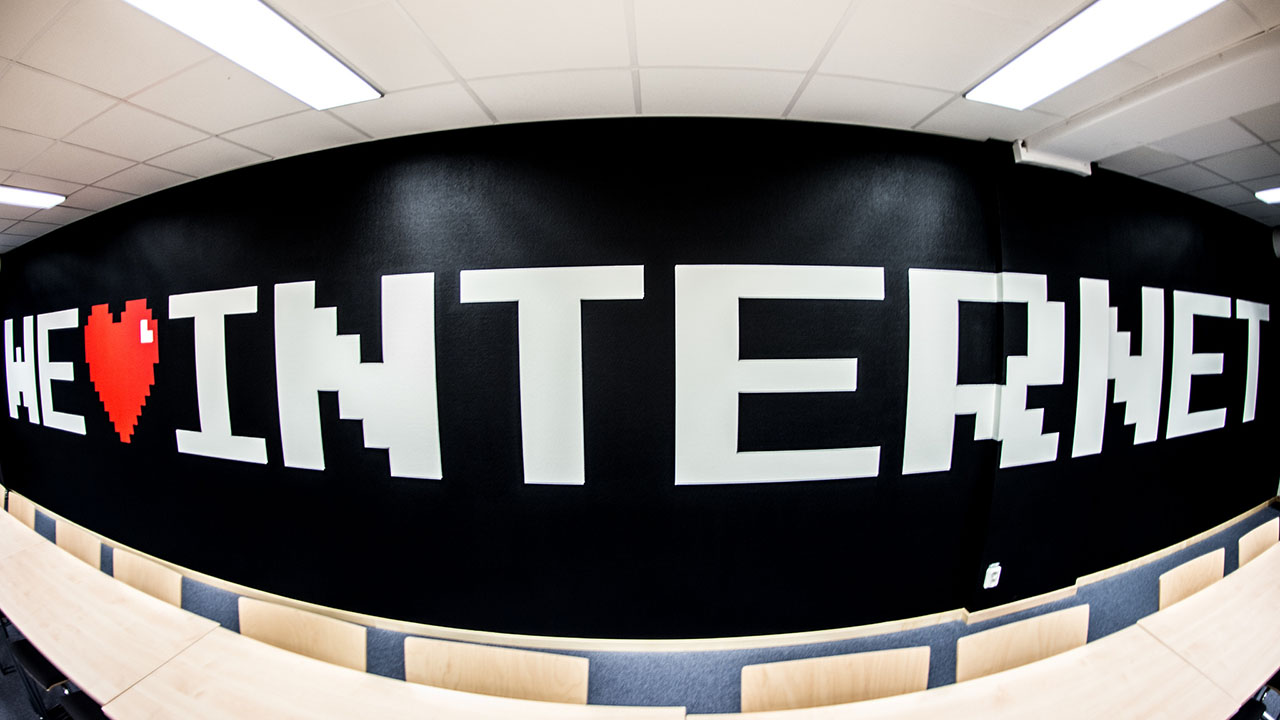A strong blow was struck in the Battle for the Net on Wednesday.
In an op-ed for Wired, Federal Communications Commission Chairman Tom Wheeler confirmed that he is seeking to preserve net neutrality, the belief that all data on the internet should be treated equally. He wrote:
After more than a decade of debate and a record-setting proceeding that attracted nearly 4 million public comments, the time to settle the Net Neutrality question has arrived. This week, I will circulate to the members of the Federal Communications Commission (FCC) proposed new rules to preserve the internet as an open platform for innovation and free expression. This proposal is rooted in long-standing regulatory principles, marketplace experience, and public input received over the last several months.
In line with President Obama’s proposal, Wheeler’s plan is for broadband services to be regulated under Title II of the Communications Act of 1934. This would treat the internet like a utility, similar to how telephone service is regulated. He elaborated:
Using this authority, I am submitting to my colleagues the strongest open internet protections ever proposed by the FCC. These enforceable, bright-line rules will ban paid prioritization, and the blocking and throttling of lawful content and services. I propose to fully apply—for the first time ever—those bright-line rules to mobile broadband. My proposal assures the rights of internet users to go where they want, when they want, and the rights of innovators to introduce new products without asking anyone’s permission.
Net Neutrality is the principle that ‘all data is created equal.’ This means that governments and internet service providers should not discriminate against different users, sites, and systems. In essence, net neutrality is the reason that those of us living in free countries all access the same internet, and are not limited by what we can do or where we can go by the powers that be.
While net neutrality may seem like a no-brainer, its opponents have deep pockets. Companies such as AT&T and Comcast ceaselessly lobby to create a “tiered internet,” where internet speed and access to data are dictated by how much one pays. Since Wheeler’s proposal is to regulate the web under the same authority as phone service, we would basically get a similar level of neutrality to what we have always had with our phones. To envision a world without “phone neutrality,” just think of rich people and poor people having totally different phone service. It’s absurd to imagine that the highest paying customers could pretty much do whatever phones were capable of, while those who couldn’t afford the premiums would get gauged for shorter delays, clearer sounds, or be denied access to certain contacts because AT&T says so, for whatever reason.
Aside from the the big moneyed corporate and government interests, net neutrality opponents do not have many allies among the public, as polls show overwhelming support for net neutrality among both democrats and republicans.
Beyond Wheeler’s statement, there was also another strong voice that spoke in favor of a neutral internet this week. On Monday, Tim Berners-Lee, who is commonly credited as being the inventor of the web, stated that the internet was in fact, by its very design, created to be neutral. “When I designed the web, I deliberately built it as a neutral, creative and collaborative space, building on the openness the internet offered,” he said, explaining that “This openness unleashed a tidal wave of innovation, and it is still powering new breakthroughs in science, commerce, culture and much more besides.” An internet without net neutrality “would crowd out competition and snuff out innovative new services before they even see the light of day,” he warned.
The FCC will vote on net neutrality February 26th.
(Photo: Kristina Alexanderson)



